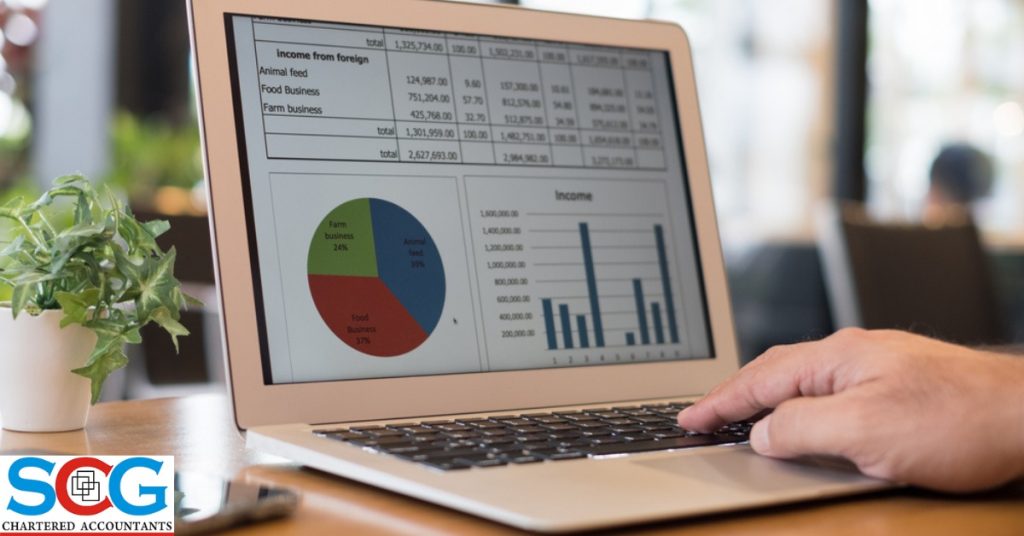Tax management is a perfect place to exploit the potentials of data analytics because tax involves examining transaction data.
Data analytics can help the tax professional cut the time spent performing time-consuming manual processes. So, he can spend his time on analysis and delivering insights for tax management. It enables company leaders to find trends that could shape the future of a business.
In this article, we discuss how we can data analytics tools to facilitate an efficient tax audits.
Data and Documents
In a tax audit, ready access to data and documents affects the outcomes. Ready access is important because:
- Tax audit fieldwork takes place in a short period, but the reviews can cover periods dating as far back as 5 to10 years.
- Data can be very voluminous, coming in different forms, types and from multiple locations.
- Tax professionals may not have direct access to data and documents, so they depend on others to get them.
This is where data analytics come in handy. With data analysis tools, you can dig into the data behind each account, recompute taxes and compare with actual filings. You can identify high-risk transactions and address any related problems. You can also use the references to track and retrieve the underlying documents.
Uses of Data Analytics in Tax
Beyond supporting tax audits, data analytics has other uses. Tax departments are using data analytics in these ways:
- Understanding the drivers of tax in key areas.
- Predicting earnings, tax impact, sales and use tax.
- Analyzing the implications of decisions, such as buying or selling assets.
- Sampling transactions to understand potential errors and tax risk.
Benefits
Using data analytics in tax gives these benefits:
- Insights
- Efficiency in assessing tax risk and tax planning.
- Saving time, money, and effort.
Conclusion
Data analytics can bring insight and efficiency to tax planning and compliance. But to use data analysis, tax experts must develop new skills and learn to analyze and interpret data.
For more blogs and information please follow SCG Chartered Accountants on Facebook, Twitter, Youtube and LinkedIn.

